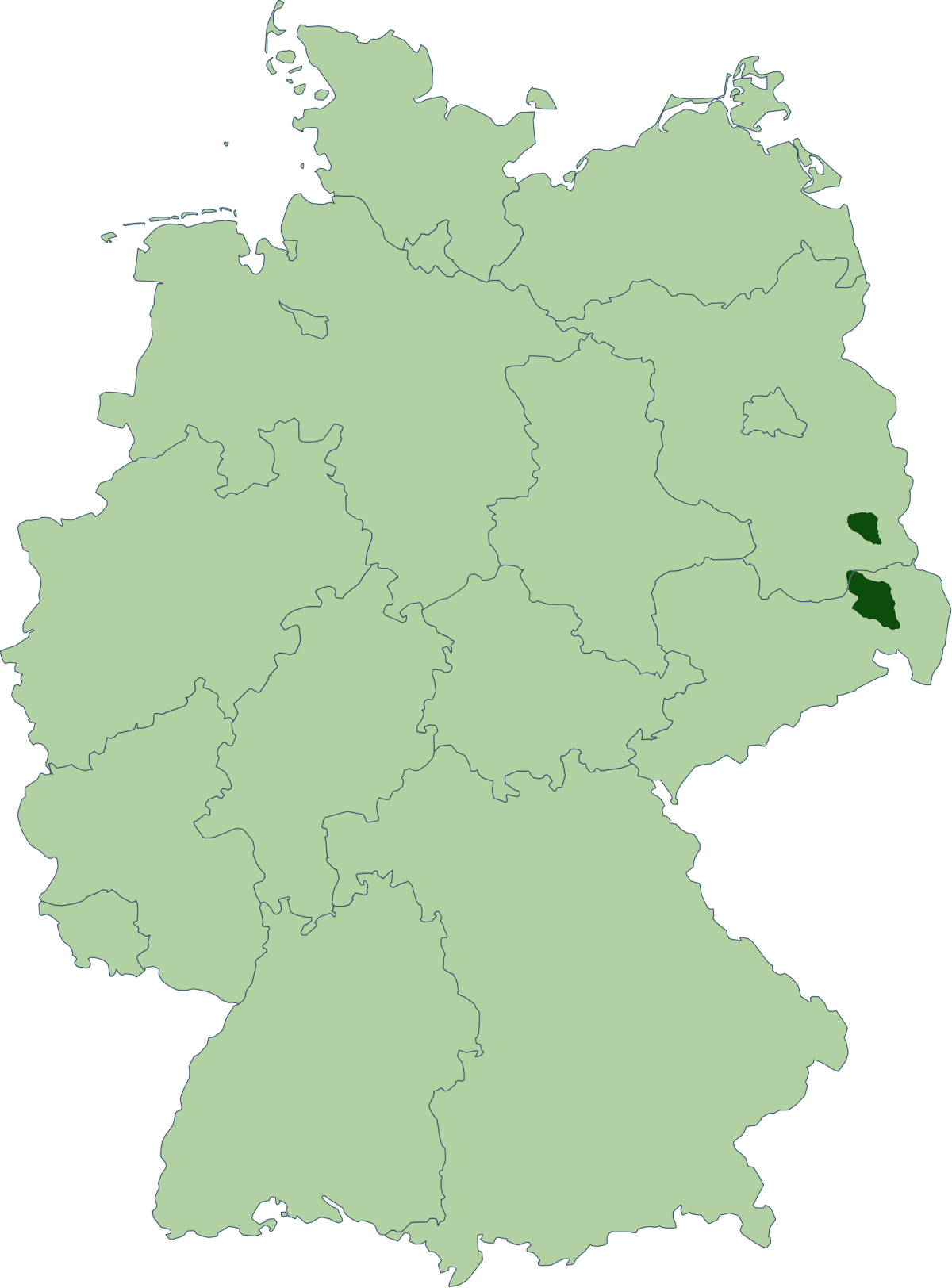Nazi scholars claimed in the 1930s, that he was lying, and that his ancestors and surname were not Polish.
However, I've discovered this interview with a Pole who might be his distant relative, his surname is Nitzke:
https://www.iwm.org.uk/collections/item/object/80016077
"(...)
- Doctor Nitzke, where were you born, please?
- The locality is Bralin, B-r-a-l-i-n, in Poland.
- Which part of Poland is that?
- That's Silesia.
- And tell me what the date of your birth was, please?
- The 21st of September 1905.
- Can you tell me something about your family background, what your father did for a living or so?
- My father was a businessman, he had a business [description of the business]
- And was it a Polish family?
- Yes, a Polish family, Polish family. Father was Polish, mother was Polish.
- Is your surname Polish? Your surname, Nitzke?
- Yes, it's Polish you know, but it is a little bit changed. It used to be quite different, it was changed under the Germans of course [...] eventually my name is like that, it used to be Nitzke since I was born.
(...)
- Do you have any memories of WW1?
- Oh yes, of course.
- What memories do you have?
- I remember all the German troops going towards the Russian front, they were going through Bralin by train or even marching.
(...)
- Did your family suffer any privations?
- No, no, we had one of these German commanding officers, a colonel, he was billeted in our house, so we were protected. I mean, from the point of view of the Germans at that time, there was no trouble at all, because we, in Silesia, we were German citizens.
- What was the attitude of local Polish people in Silesia towards the war, when it comes to political issues?
- Well, you know, there was nothing special at that time. Because it was just a world war. And because we lived in Germany, so to speak, in Silesia. So of course everybody agreed with that.
- Did people feel loyal to the German Reich?
- At that time yes, the beginning of the war.
- Did it change?
- Yes it changed later on, towards the end of the war, and immediately after the war. Then the Polish nationality and Polish nationalism, they started to rise. And then there was an uprising in Silesia, three times.
- What did you see of that uprising?
- Well I didn't see it, in our part, in my part of Silesia, near Bralin, there was nothing to be seen, because the uprising was in Upper Silesia, in that part. (...)"
Another one, listed among Polish insurgents killed in Posener Aufstand (Polish uprising against German rule in Provinz Posen):
https://upload.wikimedia.org/wikipe...27_grudnia_1918_roku_do_8_marca_1920_roku.pdf
https://depot.ceon.pl/bitstream/handle/123456789/955/LISTA_STRAT_WERSJA_KSIAZKOWA.pdf?sequence=1
# 1259 - Nitsche Józef








